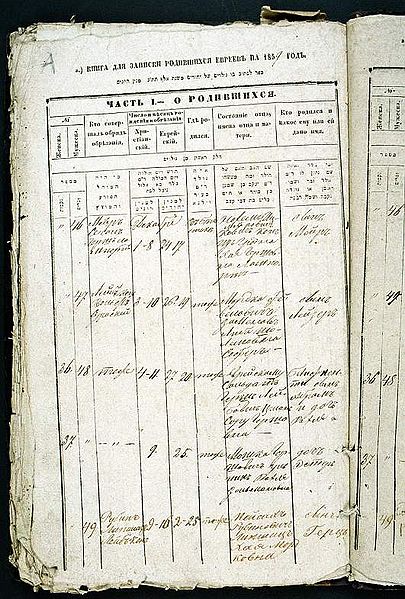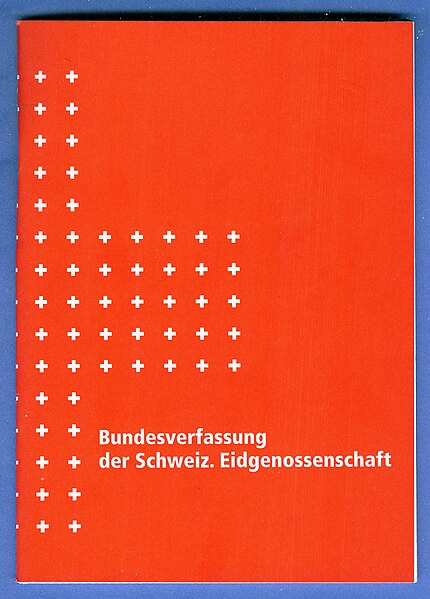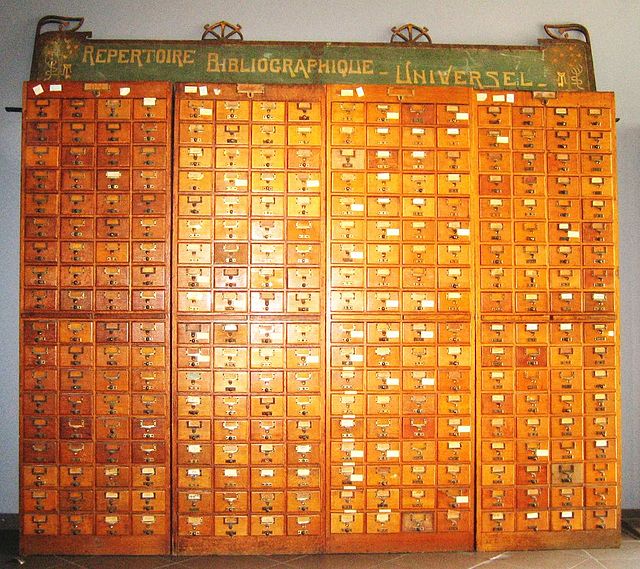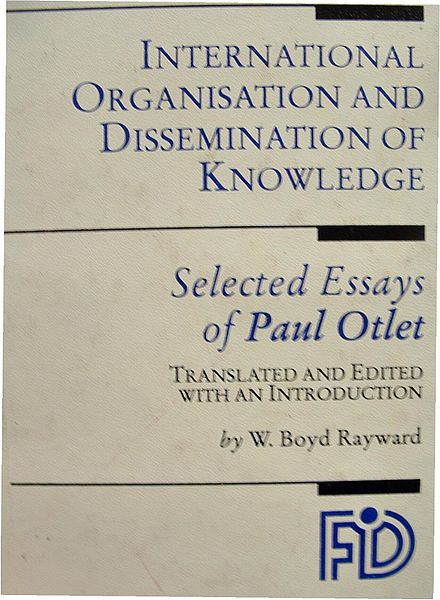A document is a written, drawn, presented, or memorialized representation of thought, often the manifestation of non-fictional, as well as fictional, content. The word originates from the Latin Documentum, which denotes a "teaching" or "lesson": the verb doceō denotes "to teach". In the past, the word was usually used to denote written proof useful as evidence of a truth or fact. In the Computer Age, "document" usually denotes a primarily textual computer file, including its structure and format, e.g. fonts, colors, and images. Contemporarily, "document" is not defined by its transmission medium, e.g., paper, given the existence of electronic documents. "Documentation" is distinct because it has more denotations than "document". Documents are also distinguished from "realia", which are three-dimensional objects that would otherwise satisfy the definition of "document" because they memorialize or represent thought; documents are considered more as two-dimensional representations. While documents can have large varieties of customization, all documents can be shared freely and have the right to do so, creativity can be represented by documents, also. History, events, examples, opinions, etc. all can be expressed in documents.

A page of a birth register for Jews from 1859
Image: Bundesverfassung Schweiz, auf blauen Untergrund
Image: Vinyl record close up
Paul Marie Ghislain Otlet was a Belgian author, entrepreneur, lawyer and peace activist; predicting the arrival of the internet before World War II, he is among those considered to be the father of information science, a field he called "documentation". Otlet created the Universal Decimal Classification, which would later become a faceted classification. Otlet was responsible for the development of an early information retrieval tool, the "Repertoire Bibliographique Universel" (RBU) which utilized 3x5 inch index cards, used commonly in library catalogs around the world. Otlet wrote numerous essays on how to collect and organize the world's knowledge, culminating in two books, the Traité de Documentation (1934) and Monde: Essai d'universalisme (1935).
Otlet in 1937
The Hotel Otlet, Paul Otlet's mansion, designed by Octave van Rysselberghe in 1894
Répertoire Bibliographique Universel
Front page of the book International Organisation and Dissemination of Knowledge: Selected Essays of Paul Otlet, edited by W. Boyd Rayward







